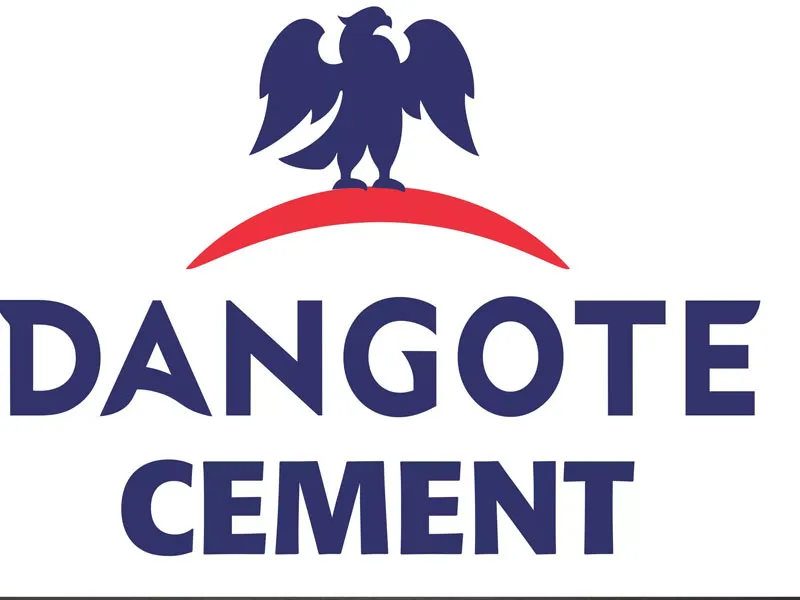In the first quarter of 2024, Dangote Cement recorded a significant increase in domestic sales volume, rising by 26.1% to reach 4.6 million metric tonnes (Mt).
This notable surge in sales volume was attributed to the effective strategies implemented by Dangote Cement to boost sales and ensure a steady supply of products to customers.
The unaudited results for the three-month period ending April 30, 2024, indicated that the company’s Nigerian operations experienced a substantial increase in volume, contributing to the overall rise in the Group’s volume to 7.0 Mt.
Dangote Cement achieved a Group revenue of N817.4 billion during the quarter, with profit after tax increasing by 2.9% to N112.7 billion. Earnings per share for the quarter closed at N6.68, representing a 3.7% increase.
As part of its sustainability efforts, Dangote Cement commissioned ten out of the 17 Alternative Fuel Projects across the Group.
Arvind Pathak, the CEO of Dangote Cement, highlighted the positive performance driven by economic activities, particularly in Nigeria, where sales volumes surged by 26.1% to 4.6 Mt. He also noted the growth in pan-African operations, with volumes up by 3.1% to 2.7 Mt, fueled by increased sales in Zambia and Congo.
Pathak emphasized the company’s resilience in navigating challenges such as cost pressures, borrowing costs, and currency weakening. Despite these challenges, Group revenue doubled to N817.4 billion, with Group EBITDA rising by 66.6% to N309.5 billion. Profit After Tax increased by 2.9% to N112.7 billion, demonstrating the company’s ability to adapt and thrive in a dynamic business environment.
During the quarter, Dangote Cement intensified its focus on exports, dispatching 7 ships from Nigeria to Ghana and Cameroon. Nigerian exports surged by 87.2%, reflecting the company’s commitment to expanding its presence in regional markets and leveraging its export-to-import strategy.
Dangote Cement, Africa’s leading cement producer, operates with a 52.0 million metric tonnes capacity across Africa. With a production capacity of 35.25 million metric tonnes in Nigeria, the company has eliminated the country’s dependence on imported cement and transformed Nigeria into an exporter of cement serving neighboring countries.











